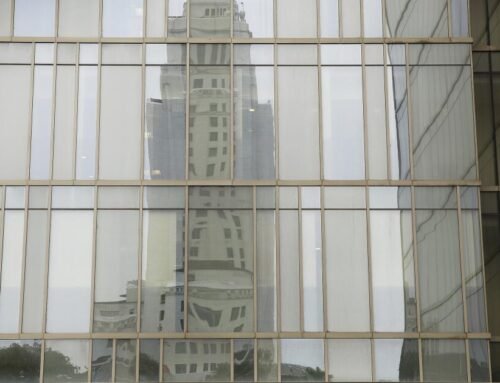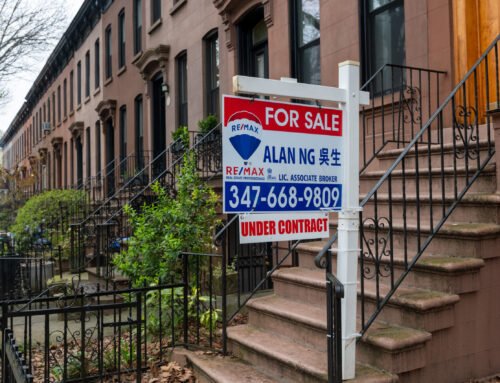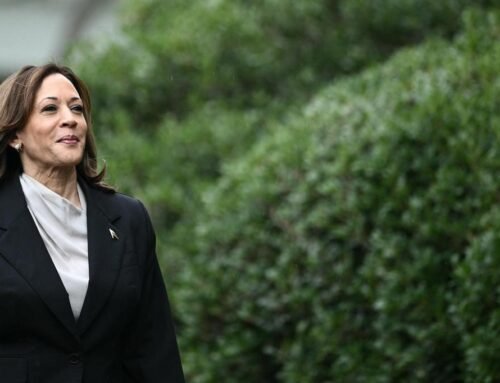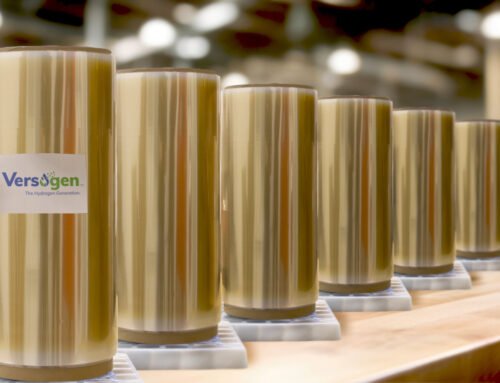
Editor’s note: This is the Monday, Oct. 14 edition of the Purple & Bold Lakers newsletter. To receive breaking Lakers news and the newsletter in your inbox, sign up here.
The NBA has a program called Basketball Without Borders, a community service initiative that has run camps in 27 different countries over the last two decades. The dream goes something like this: Through the game of basketball, diverse cultures can find some common ground.
But the world as we know it has borders — not just geopolitical lines on a map, but borders of ideology and values. And never have the limits of NBA diplomacy become more apparent than last week.
The Lakers and Nets unwittingly put themselves in the midst of an international incident this week because of a tweet. It’s a weird situation, especially given that the Chinese response has felt particularly outsized, but it’s highlighted what the limitations are for a game to be a unifying force in a world with endlessly complex divisions.
The NBA became so aware of the thorny nature of the politics of the situation that they shut down media availability for the entire trip. The Athletic reported that players, most prominently LeBron James, were wary of the onus for the NBA’s response to China’s actions being put on them, and asked to not be made available for questions. Rather than putting players in position to say something harmful either abroad or at home (like James Harden awkwardly apologizing to China for his general manager’s tweet), the NBA and the player’s association wanted avoid commentary “in real time,” at least until everyone was safely home.
It should be noted here that China is a country that tightly controls and restricts visas: Journalists, for example, require multiple references to just get in. Multiple times, the government kept the NBA in the dark as to whether they would even be allowed to participate in their events. A situation where the Chinese government harassed or detained a player for something they said while visiting abroad could have felt like a very real threat to the traveling contingent. If that’s the case, Adam Silver probably made a wise choice to keep them out of the line of fire.
But now that everyone is safely home, where does it go from here? The NBA would probably prefer this situation quietly goes away, and that they can continue their lucrative contracts in a country where basketball has been increasingly popular. The New York Times reported last week that the Chinese government was toning down rhetoric against the NBA — which make sense because the incident has drawn attention to their authoritarian handling of the Hong Kong protests. It’s bad diplomacy to cut off a league that’s well-liked in the country, disappointing fans locally and making observers abroad question whether they should do business there.
But it seems difficult to imagine this will go away soon. Next year, the NBA will be pressed to continue exhibition games in China: Which teams are going to want to go? Which teams are going to want their players subjected to questions about what it’s like to be the first teams to play since the international incident that briefly flared up tensions between the NBA and China? What do they think of how China handles Hong Kong (because in a year, a lack of knowledge on the situation will be a less convincing case)?
In absence of the voices of players and other NBA personnel who actually went to China, Steve Kerr’s voice stood out among people stateside who spoke on the issue. Well, “spoke” might be a strong word, but Kerr offered that it’s easier for NBA players and coaches to speak on social issues that are close to home. That’s understandable, and it does seem like an unfair burden to expect the NBA to set the example for all US-Chinese relations in all cases.
But it’s also true that the NBA’s reputation as a league that’s outspoken and unafraid to speak the truth on important issues is taking some hits.
As Kerr put it: “Using the game as a force for the greater good. I think those things are important, those values are important. Obviously, there are tremendous financial forces at play here — so how you reconcile all that, I don’t know.”
No one else in the NBA appears to know either.
In the interest of examining the issue, I’m dropping a lot of related reading down in the links.
BUT WHY TONIGHT?
If you’re surprised to see a Lakers-Warriors home game less than 72 hours after the Lakers last played in China, it’s hard to imagine that the Lakers are thrilled about it either.
It’s unclear if players will miss the game due to fatigue. It’s easy to imagine LeBron James, for example, sitting this one out, especially if Anthony Davis is unable to play following his MRI on his sprained thumb. Preseason games, it should be noted, are firmly under control of teams. But it’s also true that any team going to China is hard-pressed to squeeze six preseason games into its schedule.
Frank Vogel said earlier this month that he would be judicious when it came to divvying up time for the long preseason schedule: “I think they made a wise decision a couple years back to reduce it from 8 preseason games to six. Potentially could go even further down to four. I think each coach has an obligation to their team to make sure they’re being smart with their vets. Make sure they’re getting enough reps to learn their new teammates and the system. Get sharp, ready to play, but not overdo it.”
– Kyle Goon
Editor’s note: Thanks for reading the Purple & Bold Lakers newsletter. To receive breaking Lakers news and the newsletter in your inbox, sign up here.






Leave A Comment